
The world is slowly warming up again to the concept of “Farm to Table” foods. This involves buying produces that are seasonal, locally sourced, and in which there are very few chemical processes involved before eating. Some examples of unprocessed foods are fruits, vegetables, eggs, grains, dry fruits, meats, spices, milk, etc.
On the other hand, we have Ultra-Processed Foods (UPF) that are mass-produced. We can say the road to type 2 diabetes is paved with ultra-processed foods. Call them “Farm to Industry to Table” foods.
A study published in late 2019 linked UPF to type 2 diabetes more strongly than previously seen. It was reported that a 10% rise in ultra-processed food in your diet is associated with a 15% increased risk of type 2 diabetes. While eating this type of food now and then isn’t a significant matter, it becomes a problem when it becomes your regular diet. UPF can both cause the onset of diabetes as well as aggravate already existing diabetes.

How Ultra-Processed Foods Affect Us
In today’s environment, we are constantly flooded with options, whether at the store, in restaurants, or online. When given the choice, many individuals prefer meals that are simple, quick, and inexpensive. Unfortunately, this implies that we frequently consume processed and ultra-processed meals.
When food items have undergone multiple processes, like the addition of trans and saturated fats, artificial sweeteners, salt, food preservatives, artificial colors, and numerous other chemicals to enhance their look and flavor, they are called ultra-processed. In these cases, significant changes have been made to the original food item or mix of food items. Examples include maida (refined flour), cakes, biscuits, bread, cornflakes, and ice cream. Plus, salty snacks like chips, French fries, chicken nuggets, etc. Soft drinks, flavor-infused yogurts, and soups sold in stores, as well as whisky, gin, rum, and everyone’s favorite pizza, come in this category too. While these food items seem like heaven to the senses (eyes, taste buds, and nose), they are not so heavenly for health. The bottom line is that the nutrient profile or ingredients of UPF are the same as those shown to contribute to type 2 diabetes: high amounts of trans and saturated fats, sugar, and salt; low levels of fiber, protein, minerals, and important vitamins.
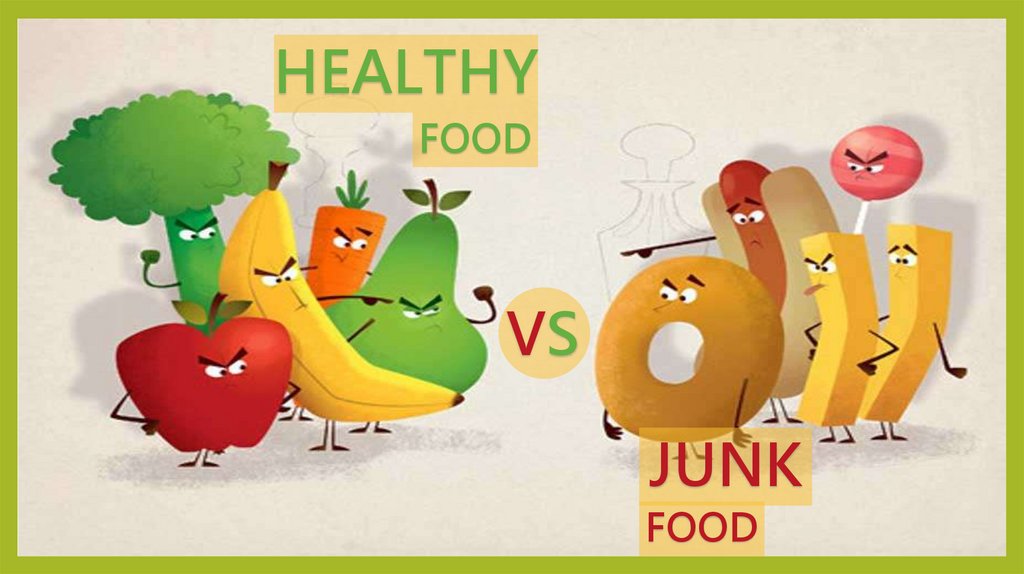
We explain the potential health consequences of UPF in detail below. While this information and understanding may be specifically beneficial to diabetics, they can also positively impact the lives of non-diabetics in general; basically, anyone who is looking to eat and live healthy. After all, UPFs aren’t good for anyone in the long run.
Raise already High Blood Sugar to Extreme Levels
We all know that diabetics already have high blood sugar levels, and they should not consume excess sugar because it increases insulin resistance. But did you know that, according to a US-based study, 90% of the added sugar consumed by people comes from UPF?
Refined sugars like fructose and sucrose, which are commonly used in UPF, aren’t easily absorbed by the liver and lead to increased fat storage in the body. This fat accumulates around the liver and other internal organs and leads to insulin resistance. The pancreas then needs to work harder and produce more insulin if healthy blood sugar levels are to be maintained. If this keeps going on for longer, then ultimately the pancreas is unable to keep up insulin, leading to type 2 diabetes.

Raise Sodium Levels too
As per studies, diabetics have not only high blood sugar levels but also high sodium levels, so the sodium or salt content in food should also be taken into consideration by type 2 diabetics.
It is understood that excess salt (like that found in UPF) may activate what is known as the “aldose reductase—fructokinase” pathway in the hypothalamus and liver. This pathway, when activated, may increase the production of fructose and aggravate leptin (a hormone) resistance. Both of these can increase insulin resistance, which is harmful for a diabetic.
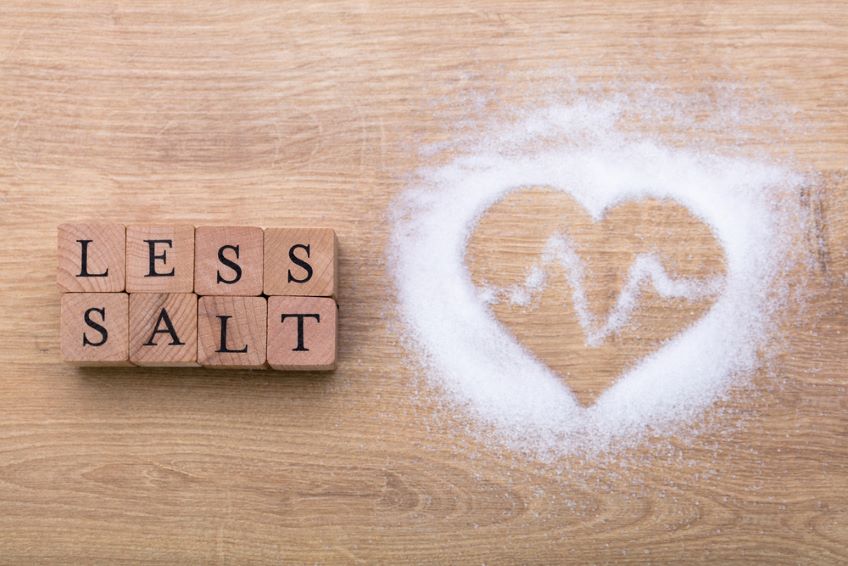
Lack of Nutritive Value
Several UPF are now hugely lacking in fiber, vitamins, and minerals because heavy processing depletes many of their essential nutrients. UPF, in particular, has a low fiber content. Fiber-rich foods are known to help manage diabetes because they reduce postprandial hyperglycemia (high plasma glucose concentrations after eating). Fibers also help us feel full because they delay digestion and help our bodies absorb carbs better. Plus, they improve lipids, help our body mass, and reduce inflammation.
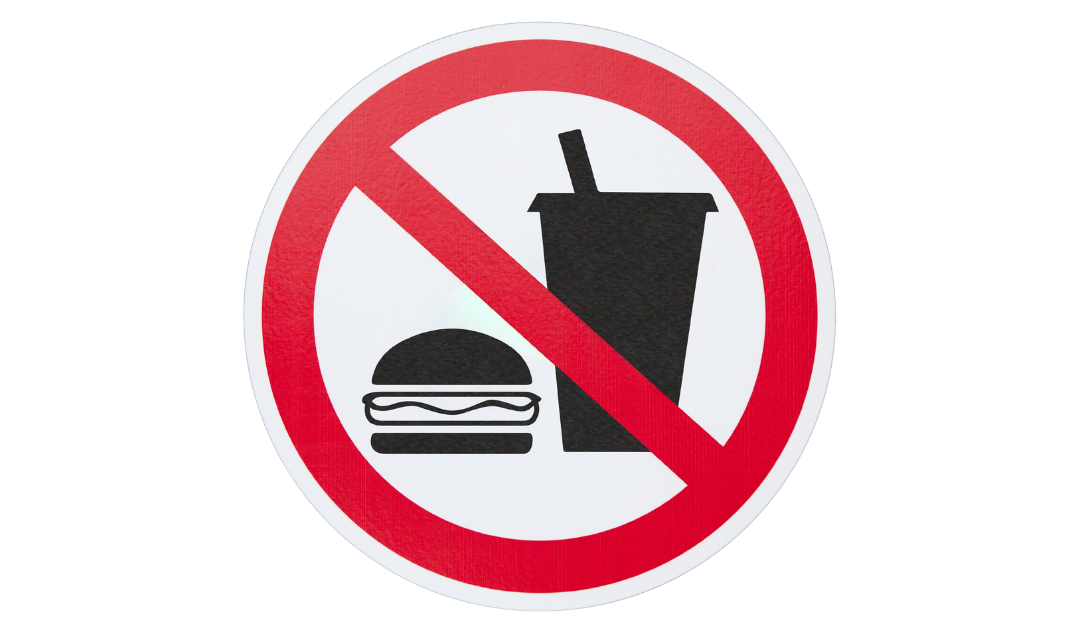
Are High in Calories and Addictive!
It is all too simple to overeat unhealthy foods and consume more calories than we realize. A small chocolate chip cookie, for example, has roughly 34 calories, whereas a glass of non-fat milk has 90 calories but has various vitamins. These processed foods are also intended to activate our brain’s “feel-good” dopamine area, causing us to seek more of them in the future.

Are Easier to Absorb but Harmful
Processed foods are easier to digest than whole, unprocessed foods. This implies that our bodies use less energy (hint: calories) to digest them. We burn half as many calories digesting processed foods as we do unprocessed foods. This, combined with the high-calorie density of processed foods in general, can make it simple to gain weight. Obesity is one of the leading causes of type 2 diabetes.
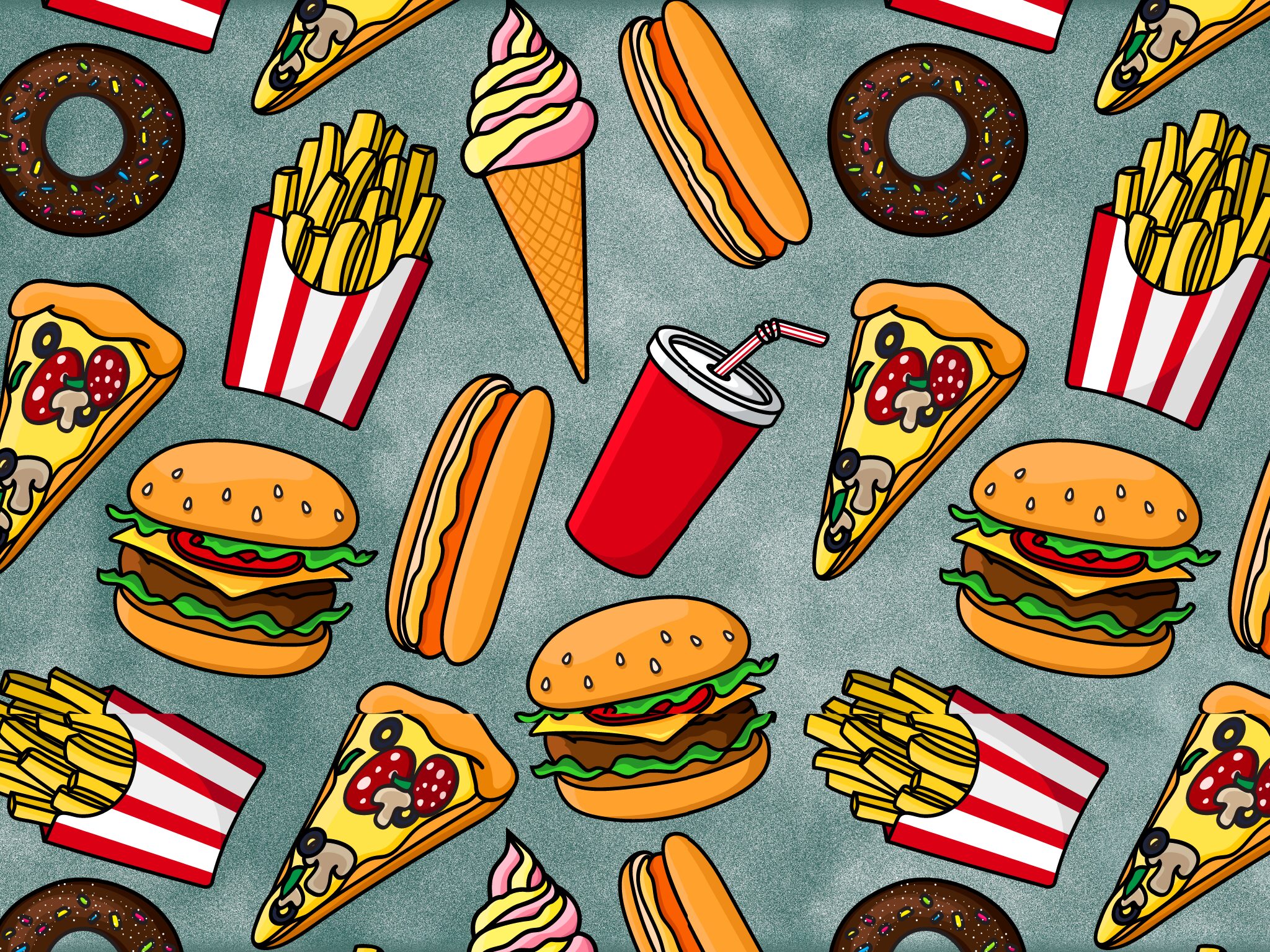
Contains a Lot of Artificial Substances
The majority of chemicals or chemical processes used in UPF have generally never been tested by anyone other than the company that uses them. These comprise color, texture, flavor, and odor modifiers, as well as compounds like preservatives and sweeteners.

Affects the Gut Microbiome
According to studies, UPFs are also known to bring about harmful changes to the gut microbiome. Fluctuations in the quality and quantity of microbiomes in the gut can increase the risk of diabetes and aggravate existing conditions. It can lead to a whole host of other health issues along with diabetes.
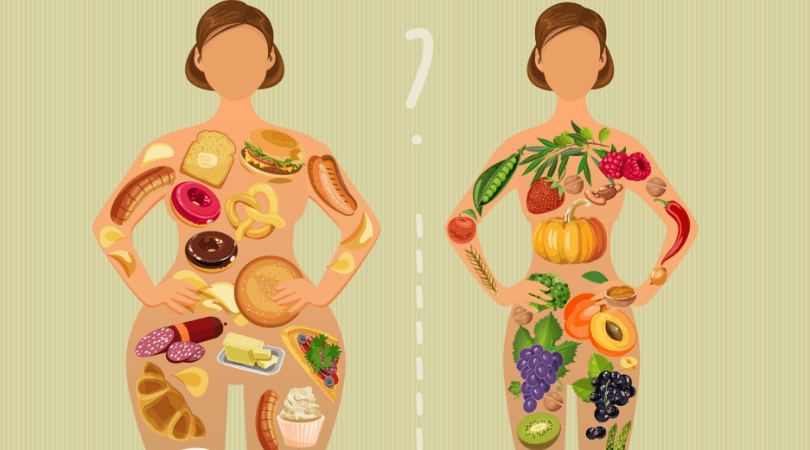
Conclusion
It’s simple to overeat ultra-processed foods, but the risks aren’t worth it. Type 2 diabetes is a chronic illness that necessitates ongoing management and lifestyle changes. It is far easier to have a healthy lifestyle without diabetes than to manage your lifestyle with diabetes. Thus, regardless of the other risk factors, we recommend limiting your intake of ultra-processed foods. Instead, attempt to consume a diet high in natural foods while reducing your intake of added salt, sugar, and bad fats. It will help in better weight management as well as management of healthy blood sugar levels.
With the help of a holistic treatment approach, the symptoms of type 2 diabetes can be reversed.


.png)


